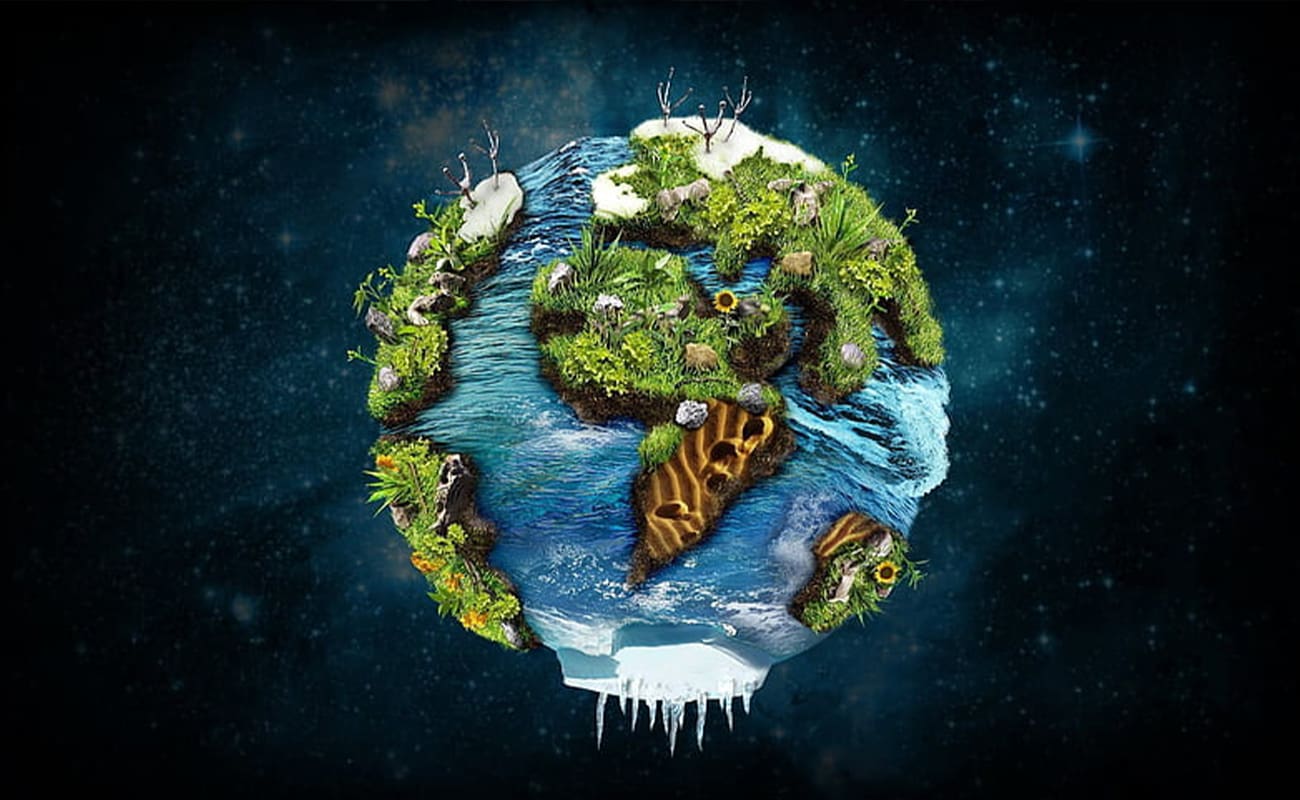This section explores the environmental costs of industrial animal agriculture—costs that are too often hidden behind sanitized packaging and normalized consumption. Here, we reveal the systems that fuel environmental collapse: the mass deforestation of rainforests for pasture and feed crops, the depletion of oceans through industrial fishing, the contamination of rivers and soils by animal waste, and the emission of powerful greenhouse gases like methane and nitrous oxide. These aren’t isolated or accidental outcomes—they are built into the very logic of a system that treats animals as products and the planet as a tool.
From the destruction of biodiversity to the warming of the atmosphere, industrial farming is at the center of our most urgent ecological crises. This category unpacks these layered harms by focusing on three interrelated themes: Environmental Damage, which lays bare the scale of destruction caused by land use, pollution, and habitat loss; Marine Ecosystems, which exposes the devastating impact of overfishing and ocean degradation; and Sustainability and Solutions, which points the way toward plant-based diets, regenerative practices, and systemic change. Through these lenses, we challenge the idea that environmental harm is a necessary cost of progress.
The path forward is not only possible—it is already emerging. By recognizing the deep interconnectedness between our food systems, ecosystems, and moral responsibilities, we can begin to rebuild our relationship with the natural world. This category invites you to explore both the crisis and the solutions, to bear witness and to act. In doing so, we affirm a vision of sustainability not as sacrifice, but as healing; not as limitation, but as liberation—for the Earth, for animals, and for future generations.
In today's environmentally conscious world, it has become increasingly important to understand how our daily choices, including the food we consume, can contribute to or mitigate climate change. In this post, we will explore the link between food choices and greenhouse gas emissions, highlighting the significant role that changing our diets can play in creating a more sustainable future. Let's delve into the fascinating world of food choices and their environmental impact. The Link Between Food Choices and Global Greenhouse Gas Emissions Food choices have a significant impact on global greenhouse gas emissions. Different types of food production contribute to varying amounts of greenhouse gas emissions. Understanding the link between food choices and greenhouse gas emissions is crucial for environmental sustainability. Changing food choices can help mitigate the effects of climate change. Understanding the Environmental Impact of Food Choices Food choices have environmental consequences beyond personal health. Certain food choices …


























































